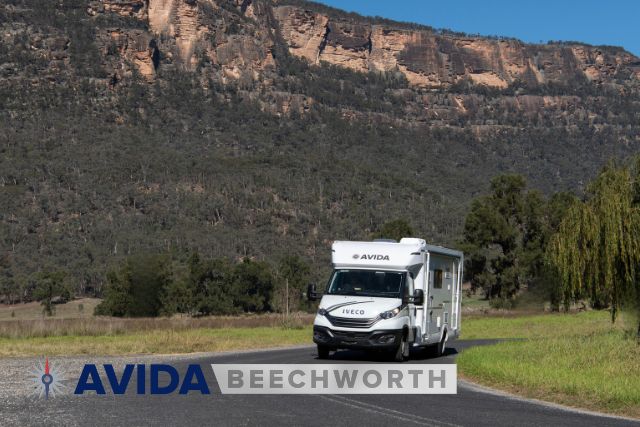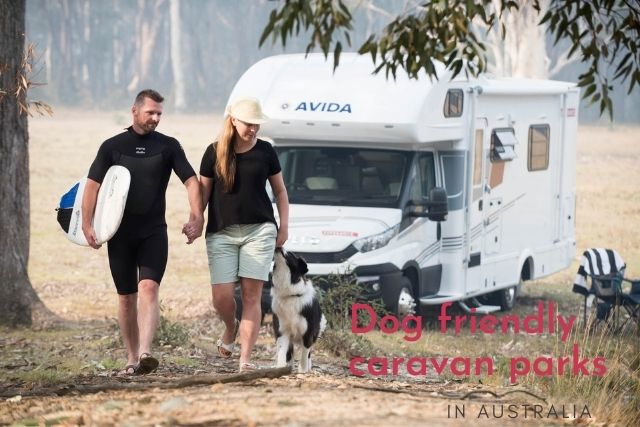The motorhome lifestyle is invaluable to Australia’s overall economy in more ways than one. Many people don’t realise that without the multitude of RVs constantly traversing the country, many small country towns would be doing it a lot harder than they generally do.
An important statistic indicates that at any given time there are around 75,000 RVs on the road on an extended trip, so we are not talking about the ‘weekend warriors’ in the context of this statistic, but those people in their motorhome, caravan or camper trailer braving the climate, the roads, the deserts, mountains and plains in their quest to experience one of the most beautiful and contrasting countries in the world.
Each of these RVs spends around $600 each week on average on fuel, food, park accommodation, sightseeing, the occasional drink, some essential maintenance, on both the RV and themselves.
If this is the case, and the statistics are considered conservative, 75,000 by $600 equates to $45,000,000 – that’s million – being distributed to mainly rural centres, those same centres often suffering bushfire, flood drought, poor market conditions and so on. How welcome, then, must the money provided by visiting motorhomers be to the local butcher, baler and candlestick maker?
But the contribution of the motorhomer goes much further than that. Consider that by travelling away from the congested population centres of the east coast and capital cities right around the country, motorhomers are effectively doing their bit by lightening the load on essential infrastructure, such as the busy city roads, and utility usage, such as power and water and general overcrowding. And, by leaving the stress-filled lifestyle of modern living, the body reacts favourably; there is time for healthy eating and long relaxing walks, blood pressure falls, visits to the doctor lessen and Medicare is saved to fight on for those stressed-out city folk.
It gets even better: motorhomers in their search for adventure are not necessarily well off financially and many eagerly accept the opportunity to supplement their own funds with a part-time income. Many of those part time jobs filled temporarily by travellers are often in places where it is difficult to attract staff and the lifetime skills offered by motorhomers are gratefully received.
Workabout Australia, an organisation dedicated to introducing employees and employers to part time positions throughout Australia, estimate that at any given time there are over 500,000 jobs available from fruit picking and farm sitting to clerical, Government and skilled trades, many in remote parts of Australia.
More and more people are registering with organisations like Workabout Australia as they discover that they can couple the freedom of motorhoming with the opportunity to gain some extra income, whilst at the same time learning new skills and meeting interesting people.
Check out the Workabout Australia website www.workaboutaustralia.com.au – it may be the best thing you ever do.



